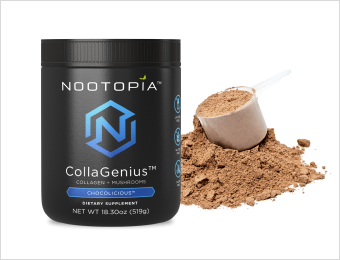Weekend Activities for Japanese Youth
According to some studies, the youth of today are leaning toward the ‘dark spirit’ and the Japanese youth are no exception. Older adults claim that this so-called ‘dark spirit’ is very much different from the youth’s gloomy days. What are the weekend activities for the Japanese youth?
Most Japanese youths have a taste for medical and pathological things. They are quite proud to announce that they’ve slashed wrists and that they were given prescription medicines. These things are really extraordinary and have caught older adults by surprise.
The music industry is also among the top influences for the youth. Rock groups are really popular and their song’s dark lyrics are gathering more fans despite their minor-league status. Among the rock bands that older adults call ‘sickness’ are Raphael, Mook, Kinaluna, and Caligari. You can often hear Japanese youth talking about these rock bands because they want to share their interests with other teens.
‘Gothi-Loli’ fashion
The youth are also into ‘Goth-Loli’ fashion. This kind of fashion seems to symbolize the ‘dark spirit. The key color for this fashion trend is black although white is also used sparingly to create an effect. The whole image is almost dull and young teens usually add lace and frills. The youth today also use accessories such as crowns, crosses, and even wooden small coffins. Some young girls blacken their eye areas as if to imply death masks. Way back in 2003, this fashion trend is the most popular in Japan.
Perhaps you’ve already heard about the murder case in Kawachi-Nagano. A young girl killed her family and run away with her friend. These two youths became involved in the use of cold medicines, wrist-cutting, and the Goli-Loli. Because of this incident, the Japanese youth who were into these ‘abnormal’ things were pushed into the country’s spotlight.
The Japanese youth, according to some studies, are showing self-abusive behavior. This personality disorder is not new to Japanese society. In fact, postwar Japanese behaviors were linked to coercion, self-abuse, and addiction. The youth at that time portrayed some sort of worker’s masochism and neo-masochists. They feel that if they worked very hard and bear any suffering or pain, they will be respected. Neo-masochists had the habit of showing bloodied wrists to emphasize pain and suffering.
Perhaps the youth of today are very much familiar with their past and they are trying to revive it. But no matter what their reasons are, the troubled Japanese youth should avoid the so-called ‘dark spirit’. These things are probably the weekend activities that keep Japanese youth occupied.
The younger generation after the postwar is already in their late 30s and 40s. They have realized their mistakes in the past and now they are on the road to healing. They don’t want the young generation of today to follow their paths. That is why older adults are trying very hard to encourage teens to join healthier activities that can lead them to the bright side, not the dark side.
Parents play a vital role in developing their teen’s behavior or personality. Since adolescence is a period of great adjustment and exploration, parents should monitor their teen’s activities. Help them to engage in healthy weekend activities. By doing so, they can live happier and more successful life in the near future.
DISCLAIMER:
This information is not presented by a medical practitioner and is for educational and informational purposes only. The content is not intended to be a substitute for professional medical advice, diagnosis, or treatment. Always seek the advice of your physician or other qualified healthcare providers with any questions you may have regarding a medical condition. Never disregard professional medical advice or delay in seeking it because of something you have read.
Since natural and/or dietary supplements are not FDA-approved they must be accompanied by a two-part disclaimer on the product label: that the statement has not been evaluated by FDA and that the product is not intended to “diagnose, treat, cure or prevent any disease.”





